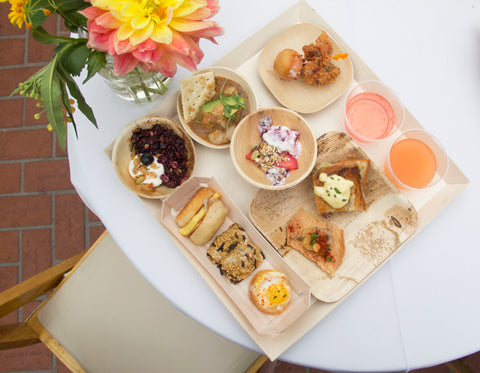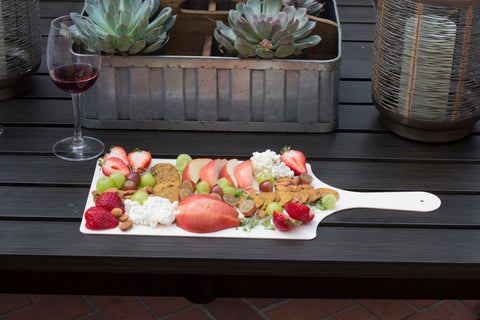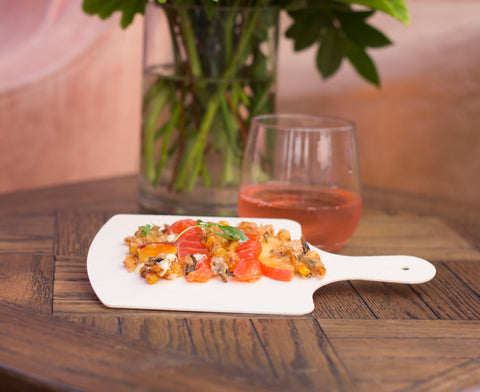
Feast Portland 2017

VerTerra Dinnerware sponsored Feast Portland 2017 in Portland, OR. Feast Portland is a festival of foodies who come from all over to enjoy food, wine and beer from only the best around the country.
Everyone was so excited to use our palm leaf plates and trays during this event and we were even more excited to see the compost barrel fill up multiple times a day with our biodegradeable plates! Creative energy and enthusiasm filled the air along with the smells of churros and smoked brisket at the Night Market.
The Sunday Brunch event was packed with hungry attendees waiting in line for waffles, organic oatmeal and fresh eggs creatively whipped up in such a way that we couldn't figure how chef's did that. We'll stick to our day jobs....
Is your mouth watering yet? We wish it was September so we could go back!
Take a look at our pictures of all the fun we had photographing the culinary creations:







Also in The Dirty Dish

Reducing Operational Waste in Hospitality: The Business Case for Compostable Disposables
The hospitality industry faces increasing pressure to embrace sustainability, driven by environmental regulations, consumer preferences, and rising waste management costs. For hotels, stadiums, and catering businesses, transitioning to compostable disposables offers not just environmental benefits but also tangible operational and financial advantages.

Palm vs. Bamboo Plates: Why Palm Wins for the Planet, But Bamboo Has Its Place
When it comes to eco-friendly tableware, palm and bamboo plates often top the list. Both offer compostable, natural alternatives to plastic or Styrofoam, but which one truly leads the charge for sustainability? In this article, we’re diving into the pros and cons of palm and bamboo plates, comparing their environmental impact, production processes, and ideal uses. Spoiler alert: palm plates come out on top for the planet when it comes to plates, but bamboo has its own shining moment too.


